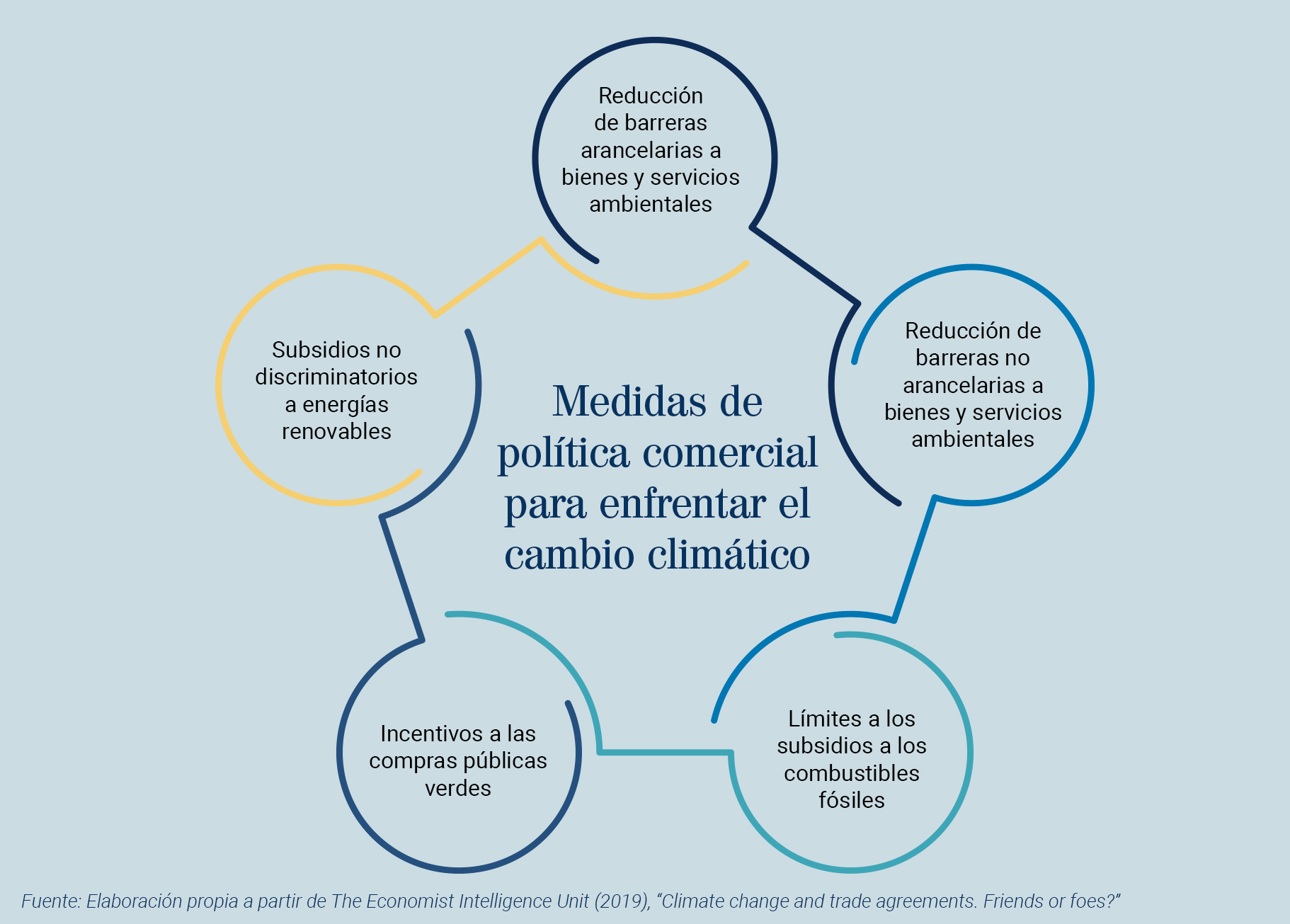Diversifying and having a wider range of clients, suppliers and territories can be key when it comes to ensuring the survival and growth of many Spanish SMEs.
The companies that have shown greater resilience since the arrival of the pandemic are those that have opted for values such as flexibility, innovation, digitalization and diversification at all levels.
This certainty, together with greater accessibility of SMEs to foreign trade, has recently caused many small and medium-sized businesses in our country to decide to internationalize, or to reinforce this item, within their business strategy.
And despite the difficulties arising from the health crisis itself, 55,000 Spanish companies export regularly, managing to export a total of 245,833 million euros last year alone, as stated in the Action Plan for the Internationalization of the Spanish Economy 2021-22. Furthermore, if we look at pre-pandemic data included in this report, “the degree of openness of the Spanish economy, calculated as the sum of exports and imports of goods and services with respect to GDP, stood at 66.9% in 2019. ", which reflects the enormous importance of foreign trade for the Spanish economy and for the Spanish business fabric, made up of 99'8% by small and medium-sized companies.
“55,000 Spanish companies currently export
regularly"
Data from the Action Plan for the Internationalization of the Spanish Economy 2021-22.
The case of the national SME Liberdec is a clear example of how internationalization can be key. This company, dedicated to the import/export of wood, flooring and all types of boards, is clear that it has been its salvation. “For a company like ours it would be totally unviable to stay in the national market, we would not be able to grow. We need foreign trade, both in the search for suppliers and new products and to sell what we export,” he says. Monica Alonso, CEO Liberdec.
And there is no doubt that it is a complex process. You have to know and choose well the destination country, its business culture, the market situation and competition in the place, the multitude of legal, fiscal and bureaucratic requirements that it may require... Therefore, it is essential to do it with the help of a professional, who can offer us effective solutions for our specific case.

Furthermore, for successful internationalization, we must also work on different aspects of our business strategy that help us to achieve a greater competitive advantage in these new markets.
Keys to take into account before making the leap into foreign trade
Experts agree that knowing in depth the destination country, its business culture, its bureaucratic requirements or the functioning of its customs is essential, but also having good professional advice to accompany us during each phase of the internationalization process.
Opening up to new markets and customers, and taking advantage of the competitive advantages of this leap, is increasingly common not only among large companies. In fact, The 56% of Spanish SMEs already sells their products outside of SpainAs confirmed by a recent survey carried out by Alibaba Group, more than half of them are willing to increase their offer of products and services in the international market in the short term.
Among the reasons that motivate this commitment to foreign trade among small and medium-sized companies would be mainly survival (55% of those surveyed) and growth as a company. In the case of Liberdec, an SME dedicated to the import/export of wood products, they were clear that they could not continue with their business model operating only in Spain. For this reason, they strongly bet on their internationalization, on which they wanted to ask senior advisor Luciano Pérez, an expert with extensive experience in foreign trade, for advice.
“The 52% of SMEs that export are willing
to increase your offer of products and services
in the international market
Survey conducted by Alibaba Group.
For Pérez there is no doubt that before taking the leap, and also during, one of the keys is be very well informed about the destination country. “A company that is dedicated to exporting not only has to look at the closest environment, it must also have good access to chambers of commerce, it must follow the most important newspapers of each country, know its culture…”, he states. . In this sense, he adds that knowing how we can help these destination countries, knowing them and understanding them well is essential.
Of course, “another of the great requirements is know in depth the legislation and the operation of customs", it states. Be up to date with all the bureaucratic requirements that we must face, all the documents that we must obtain in advance so as not to prolong the process, the tariffs, as well as knowing details such as how long the products remain under review (even more if we are talking about perishables) are aspects that can mark the success or failure of the process.
In addition, the expert also emphasizes the importance of the choice of the people involved as another fundamental point. An expert opinion states that “it is very important that SMEs that make the decision to internationalize have trained and qualified personnel in foreign trade, in addition to the financial capacity to take that leap, either with their own funds or of course with bank financing like the one we offer from the entity.”
Furthermore, they both agree that having good professional advice is essential. For this reason since Indegate Consulting, accompany SMEs that need it in each of the phases of the internationalization process, offering them ad hoc solutions for their business that can “help them minimize the inherent risks of foreign trade, which is country risk, currency risk and commercial risk. ”. In addition, they can provide you with help with certain procedures or obtaining financing at destination thanks to their extensive international presence and cross-border service.
All this, together with the commitment to innovation and digitalization of the company's products and services, and the sustainability implementation, are fundamental factors when considering this leap into foreign trade. A commitment that is also key for our business fabric, since “combining the domestic market and exports is the way to lay strong foundations for the future,” says Pérez.
The sustainable challenges to which foreign trade must respond
According to recent data from Eurostat, national SMEs are responsible for 53.3% of imports and 51.1% of exports carried out in our country. Furthermore, more and more companies decide to open up to new markets to strengthen the health of their company or enhance its growth, so it is essential that they know how to develop an appropriate sustainability strategy that allows them to adapt to the legislation of destination countries and the growing sustainability demands of international clients, a demand that is already a global trend.
Without a doubt, choose more sustainable freight transport, which allows a significant reduction in C02 emissions, will be increasingly key in international trade. While it is true that at the level of long-distance transportation work is still being done to find effective solutions, “at the national level there are already options such as liquefied gas trucks, with distribution points throughout the national territory. And if we are referring to short distances, we can now replace the current fleet of vehicles with a hybrid or electric fleet,” says González. In fact, there is even public aid, such as MOVES III, that promotes and finances this necessary change.

Another fundamental aspect would be the implementation of solutions regarding energy consumption. Along these lines, the expert advises exploring the possibilities of renewable energies in our company and also betting on the automation of facilities and energy efficiency. “In addition, with all of this we not only help reduce the company's environmental impact but also reduce its energy bill,” he adds.
Besides, bet on the circular economy, committing to reuse and recycling, as well as more environmentally friendly packaging, are also measures that help achieve a more sustainable business model, which is increasingly applauded and demanded outside our borders. In fact, Mónica Alonso, CEO of the SME exporter/importer Liberdec, states that “in other countries around the world we have already seen how suppliers who are sustainable are rewarded”, so establishing all these measures as soon as possible can represent a clear competitive advantage for all those SMEs that are thinking about launching into foreign trade.
In fact, the legislative changes on sustainability implemented internationally in recent years are also affecting the success of many companies that market their products outside of Spain. “For example, there are measures that have an important impact, such as introduction of taxes on the most polluting products or the limitation of access to public contracts for those companies that do not have a planned emissions reduction before 2050,” adds the expert.
Examples like these, or like “the existence of financial products that reward sustainable suppliers with a lower advance rate than those who are not”, further highlight that the implementation of sustainable measures is no longer a choice but a necessity. Therefore, for all those companies that intend to export or import products and services, it is essential to implement a business strategy that considers this value as one of its basic pillars.
Source: ElMundo






